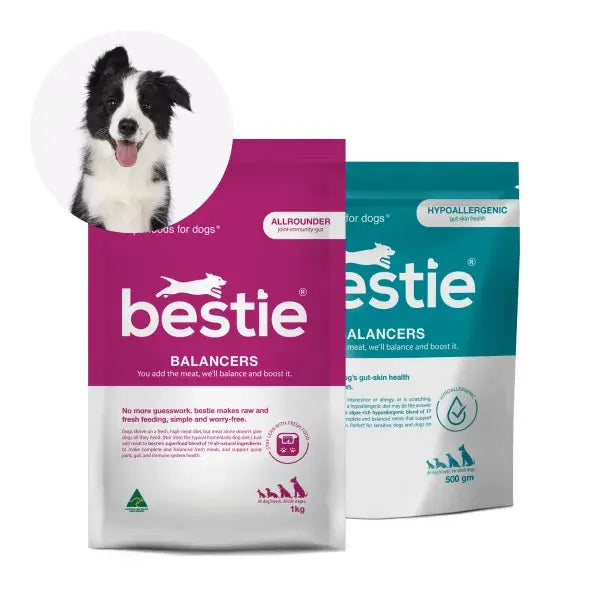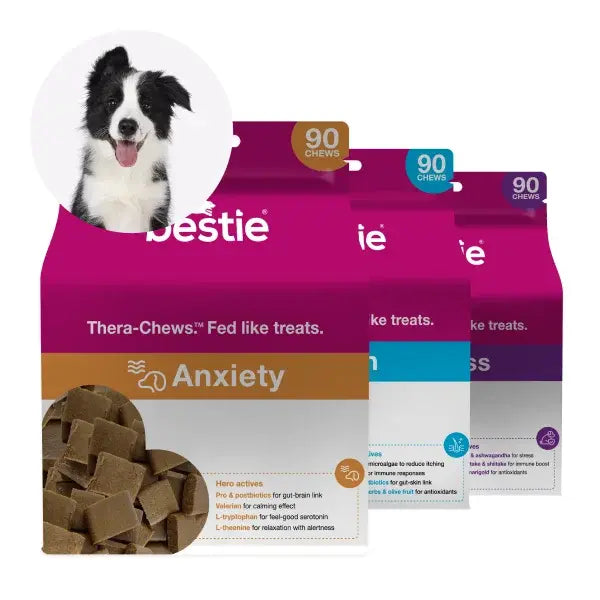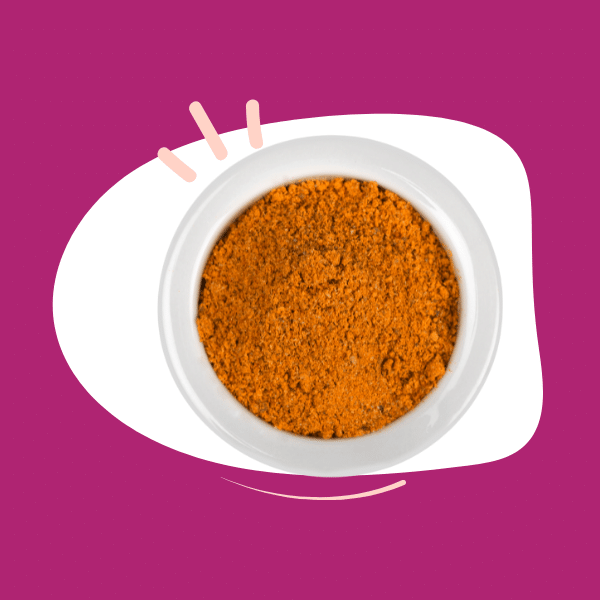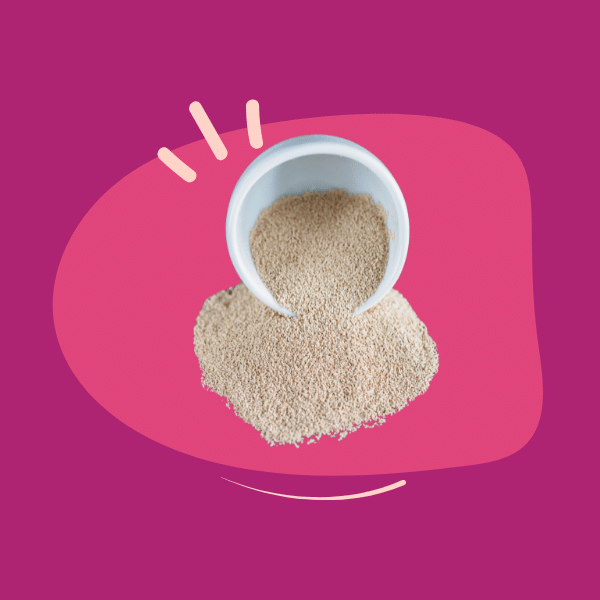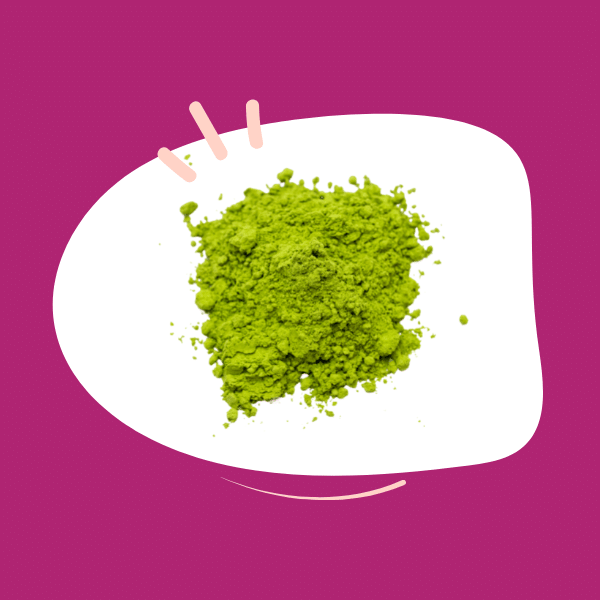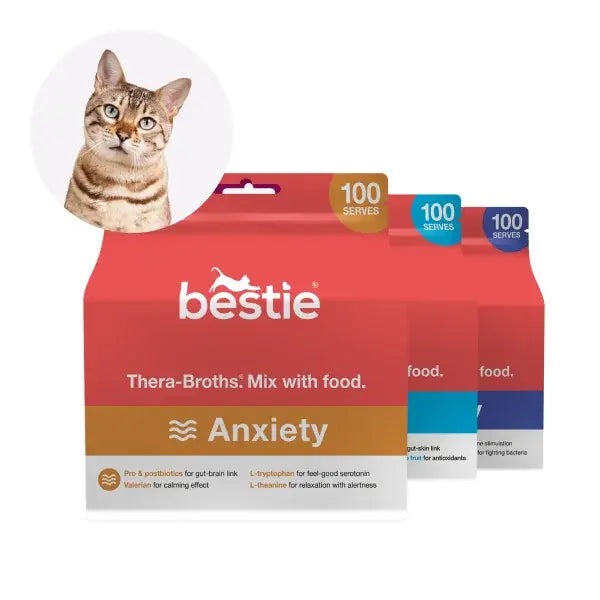Whether it's genetics, environment or something else, some dogs are very anxious.
Shadowing you, freaking out at sounds, excessive licking, and making a break while you’re away, are common signs of anxiety. They're also far more prevalent than you think.
At Bestie Kitchen, we and our consulting integrative vet have created an anti-inflammatory and immune-boosting health jelly designed to help reduce anxious behaviour, and bring a sense of calm to your dog.
Called The Om, this daily health booster is based on two key research studies.
In a nutshell, this is what they show:
Anxiety manifests in a variety of behaviours - some of which may be a surprise
Dogs are commonly treated with either training interventions or medicines
An anti-inflammatory and antioxidant supplement, combined with training, was found to reduce both clinical and behavioural symptoms after 10 days
Dogs who received a normal diet and the training on its own during the study period, showed no significant improvement
The studies in more detail: study 1
The first study, involving 24 dogs of different ages and breeds, is based on a clinical evaluation of behavioural disturbances mainly ascribed to generalised anxiety.
The typical clinical symptoms of this disorder include:
- Constant or increasing reactivity
- Body and environmental exploration
- Activation, alertness, and excessive barking;
It also often affects the social interactions between dog and owner.

Generalised anxiety behaviour and clinical symptoms, include:
- Marking
- Diffidence
- Irregular biorhythm, reactivity, activation, irritability, alertness
- Environmental exploration, body exploration, attention requirement
- Dandruff, itchiness, flush, seborrhoea, changes in fur
- Vomiting, diarrhoea, flatulence, tearing, and anal sac issues.
As a result, dogs tend to spend more time awake and active, rather than at rest or asleep.
The most common therapies for generalised anxiety rely on counterconditioning and desensitisation techniques, where the dog learns how to behave once faced with a stimulus that causes anxiety, or on a pharmacological approach.

In this study, all dogs received a counterconditioning and desensitisation behavioural therapy and one group had this combined with a nutraceutical diet for 10 days. The other group had the same counterconditioning and an unsupplemented diet.
What they found
The results showed that the dogs treated with the supplemented diet showed significant improvement in the times spent active and at rest after 10 days and an overall significant improvement in clinical and behavioural symptoms.
These include significantly less:
- Restlessness and more rest time
- Marking and barking
- Anxiety, diffidence, and irregular biorhythm
- Reactivity, activation, irritability, alertness, environmental exploration, and attention requirement
- Dandruff, itchiness, flush, seborrhea, and fur opacity
- Vomiting, diarrhea, flatulence, lachrymation, and anal sac repletion scores

The researchers hypothesise that the mean score intensity reduction of all clinical symptoms was a consequence of the anti-inflammatory and antioxidant effect of the nutraceutical substances present within the diet.
They note that "clinical symptoms might also be the manifestation of an overall inflammation status, with a consequent oxidative stress imbalance. Inflammation is also known to contribute to the etiology of anxiety disorders, depression, and neurotransmitter activity."
Study 2
The second study involved 69 dogs (38 males and 31 females), of different breeds, with behavioural disorders related to anxiety and chronic stress.
The objectives were, in a controlled study, to evaluate for the first time the oxidative stress and neuroendocrine parameters in dogs with behavioural problems, administered a specific nutraceutical-based diet.
The researchers noted that the biological effects of oxidative stress are often related to the production of free radicals, rapidly reacting with other molecules, and triggering the oxidation process.
Free radicals are physiologically produced in cells and released during inflammatory processes. They can also be generated by drug metabolism, following exposure to environmental pollutants and when fear and anxiety-related behaviours are present.
Once homeostasis is compromised, a progressive oxidation of biological substrates including lipids, DNA and proteins occurs, followed by the production of reactive oxygen metabolites. As a consequence, this cascade mechanism progressively increases the biological damage.
What they found
This study demonstrated the positive effects of a nutraceutical diet on neuroendocrine parameters associated with stress, anxiety, aggression and numerous behavioural disorders.

The researchers explain that normal behaviour is characterised by a stable neurotransmitter and hormone balance; however, it is easily affected by stress, anxiety or any behavioural disorders.
Low serotonin plasma concentrations have been associated with aggressive behaviour and impulsivity, defined as an abnormal over-reactivity to normal stimuli, has been usually associated with reduced monoaminergic (dopamine and serotonin) circulating levels.
In this study, serotonin and dopamine, used as behavioural markers, significantly increased while cortisol and norepinephrine, used as stress markers, decreased: all returning to values expected in normal animals, demonstrating the positive and beneficial effects of the nutraceutical diet on overall homeostasis balance.
Other parts of this diet may be responsible for the positive and significant observations made in the study including L-tryptophan, known to affect general mood and behaviour.
Similarly, cortisol reduction is also observed after administration of L-theanine; it’s known to have beneficial clinical effects in stress and anxiety management.
Studies:
Di Cerbo, Alessandro & Sechi, Sara & Canello, Sergio & Guidetti, Gianandrea & Fiore, Filippo & Cocco, Raffaella. (2016). Behavioral Disturbances: An Innovative Approach to Monitor the Modulatory Effects of a Nutraceutical Diet. Journal of Visualized Experiments. 2017. 10.3791/54878.
Sechi S, Di Cerbo A, Canello S, et al. Effects in dogs with behavioural disorders of a commercial nutraceutical diet on stress and neuroendocrine parameters. Vet Rec. 2017;180(1):18. doi:10.1136/vr.103865


